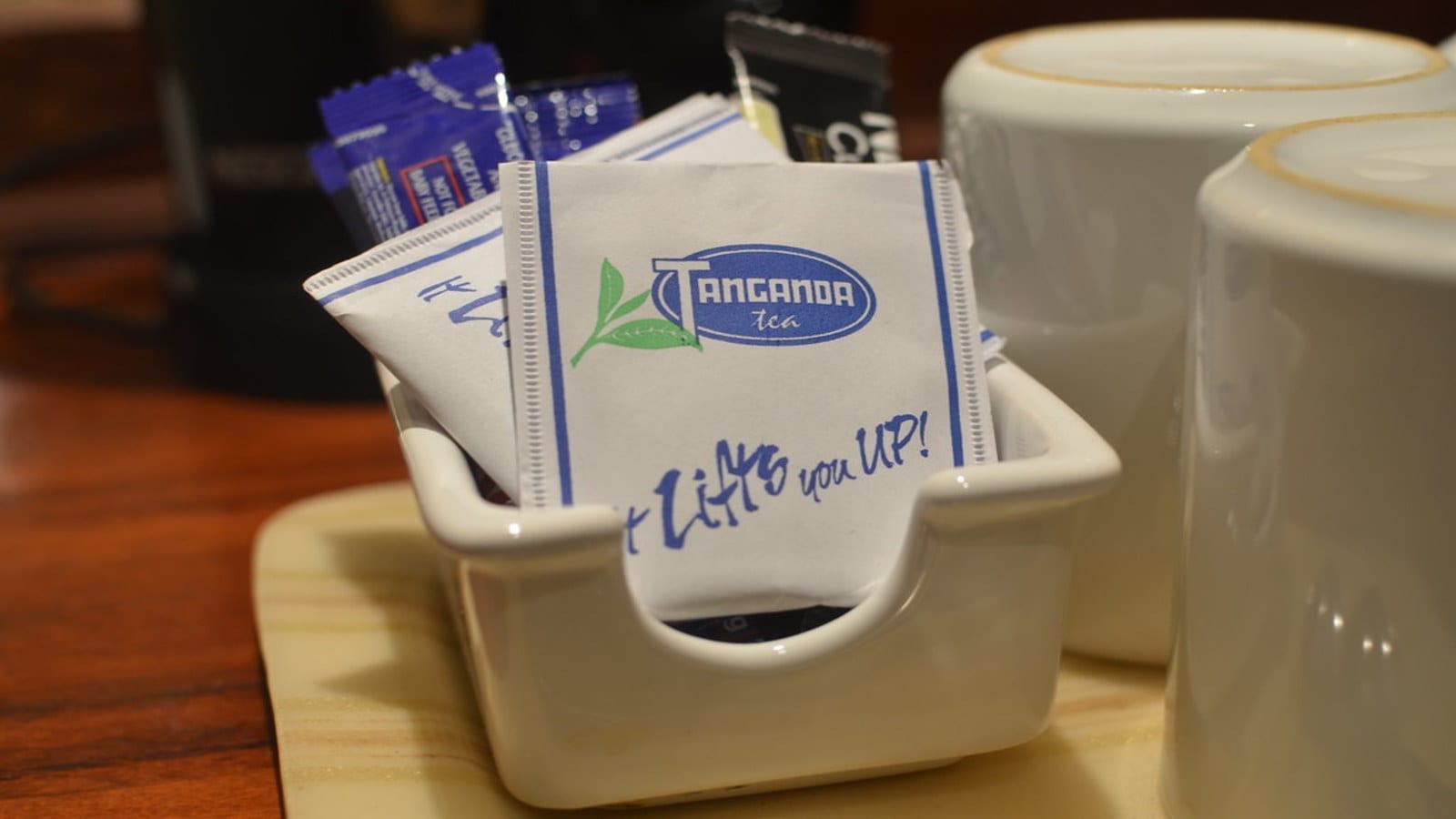Tanganda eyes Chinese avocado market
TANGANDA Tea Company Limited is keen to tap into the Chinese avocado market as it diversifies its exports to increase earnings.
This comes after the company reported a 9 percent increase in revenue, attributable to an increase in avocado export volumes.
In its latest annual report for the year ended September 30, 2024, Tanganda said the avocado fruit was primarily exported to the European markets during the period under review.
According to Tanganda, market diversification is a good strategy to avert concentrating risk in a few markets.
“Going forward, following the signing of a trade agreement between China and Zimbabwe in September 2024 at the Forum on China and Africa Cooperation (FOCAC), in Beijing the Company expects to diversify its markets into China,” said Tanganda.
“This is expected to maximise avocado exports in the early parts of the harvesting season and reduce reliance on the European markets.
“Avocado production of 3 976 tonnes grew by 84 percent over the prior year’s production of 2 156 tonnes due to the increased maturity profile of the plantations.”
The company said the crop’s exports grew by 40 percent to 2 997 tonnes from 2 148 tonnes achieved in the prior year.
This led to a 60 percent sale of its non-exportable secondary grade for oil extraction and to the retail and informal sector, while 40 percent was unsaleable and will be channelled towards crude oil extraction in the ensuing financial year.
Tanganda further highlighted that an avocado oil extraction plant will be constructed in the ensuing, citing that during the first quarter of the period under review, heat also affected avocados fruit sizes resulting in smaller counts that could not be sold.
“In the ensuing year, the company expects to construct an oil extraction plant through which the previously unsaleable grades will be channelled towards for oil extraction,” said the company.
Group chairman, Mr Herbert Nkala, said demand for their products remains relatively strong despite the impact of intricate macroeconomic factors on the local, regional, and international markets.
“The company will continue to pursue sustainable market diversification to expand the regional and international markets,” he said.
Meanwhile, sustained export market development of packed tea into the region registered a 41 percent growth in volume over the prior year.
The firm said company growth was mainly driven by exports to Zambia, Mozambique, and the Democratic Republic of Congo, stating that regional market growth also remains one of the key strategies to increase sales volumes, diversify markets, manage currency risk on the local market and improving the performance of the company.-chroncirle









